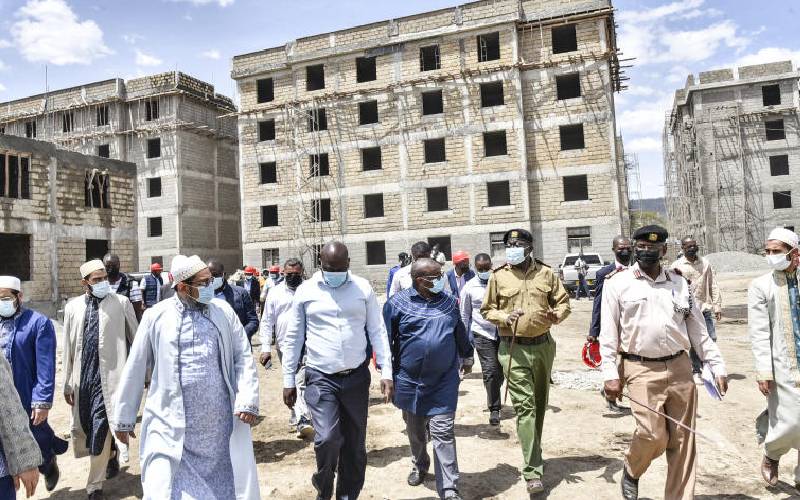×
The Standard e-Paper
Kenya’s Boldest Voice

During this year’s budget reading, Treasury Cabinet Secretary Ukur Yatani announced a Sh27.2 billion allocations for new affordable housing units to serve middle and lower-income families in urban centres, major towns, and cities.
This is in addition to the Sh37.3 billion allocated to the Affordable Housing Programme, whose mandate is the construction of new units as well as the facilitation of a mortgage-led housing plan through the Kenya Mortgages Refinance Company (KMRC).